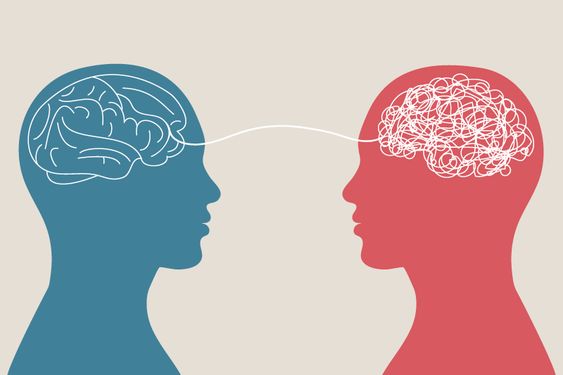Technology in the field of mental health is at the core of initiatives to enhance mental health and provide easily available mental health assistance. With a focus on the major trends and advancements reshaping the market, this research offers a succinct assessment of the status of mental health technology today.

- Digital counseling and teletherapy
By using text- and video-based sessions, teletherapy platforms and online counseling services are expanding access to mental health care.
Applications for mental health:
Numerous smartphone applications include tools for handling anxiety, stress, depression, in addition to mental health issues, such as mood monitoring, meditation, and relaxation techniques.
- Tools for mental health powered by AI:
To aid in the diagnosis and treatment of mental health conditions, artificial intelligence is used to create chatbots for myself virtual therapists, and tools for predictive analysis. - Monitoring via the internet and smartwatches
Tracking mental health indicators including patterns of sleep, level of stress, and mood swings is made easier by wearable technology and smartphone applications. - Digital Mental State Evaluation : Online mental health tests and self-screening applications help people spot possible mental health issues.
Medication Management and Telepsychiatry, #6
Patients may now consult with behavioral specialists remotely thanks to the expansion of telepsychiatry services. People may monitor and manage their medicines with the use of medication management applications.
Mental Health at Work:** **7.
Employers are putting in place digital tools or wellness programs to help workers as they become more aware of the significance of mental wellness in the workplace.
- Availability and Inclusivity
People of all cultures, including those with impairments and linguistic problems, are being made to guarantee that mental health technology is accessible to them. - Data Privacy and Protection: Encryption and regulatory compliance procedures have been put in place to protect the security and privacy of personally identifiable mental health data, which is a key priority.
- Working together with healthcare professionals
The integration of psychological care technology with conventional healthcare professionals and systems is enhancing treatment continuity.
Expanding access to psychiatric assistance and lowering stigma are both made possible by mental health technology. The field’s leading developments include teletherapy, mental health applications, AI-powered solutions, and wellness initiatives for the workplace. For mental health practitioners, people looking for help, and institutions promoting mental wellness, staying up to date on these advances is crucial.
